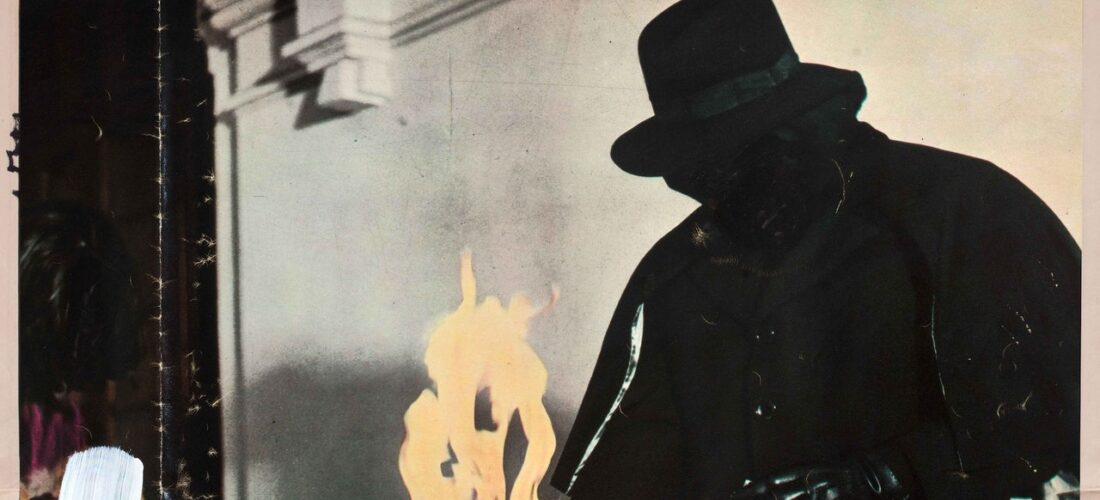On September 3, 2021, Montreal producer Nicholas Craven set a specific corner of Rap Twitter on fire. Drake had released Certified Lover Boy that day, a mostly forgettable collection save for its opener, “Champagne Poetry.” Instead of the tinny, trap-adjacent drums he typically favored, an unadorned, syncopated upright bass provided the rhythmic backbone of the track’s first half. It switched to a soul loop in the second, the low end slightly enhanced to keep the pulse intact. The lyrics were typical Drake fare, but he was in his technician bag, flirting with complex rhyme schemes. He’d carry them for several bars at a time, only to pull them apart carefully, as if curious how they fit together in the first place. This all sounded very familiar to a certain subsection of rap fans, including Craven, who tweeted, “Roc Marciano is the direct reason ‘Champagne Poetry’ exists.”
If you scan through Reddit threads, YouTube comments, and tenth-anniversary retrospectives, you’ll find loose consensus that Marcberg, Marci’s 2010 solo debut, laid the groundwork for much of today’s rap underground. By the late aughts, focus had shifted away from the gritty Golden Era New York sound in favor of animated Atlanta trap and humid Texas funk. Contrary to the zeitgeist, Marcberg traded in frayed, ashen sonics, referencing and updating the bleak winter menace of East Coast classics like Mobb Deep’s Hell on Earth and Big L’s Lifestylez ov da Poor & Dangerous.
The Long Island rapper-producer’s dusty, claustrophobic sound owed a lot to ’90s forebears like the RZA and 4th Disciple, but it felt more thoughtfully modern than hollow throwback. Marci slowed tempos to a crawl and stripped his samples of anything superfluous—sometimes forgoing drums altogether—and rapped in gravelly, menacing monotone. Arguably, groups like Griselda and the Umbrella Collective, or scenes like the Lynn, Massachusetts universe surrounding Estee Nack and al.divino, wouldn’t exist without the diligent study of his catalog. To hear Marci’s minimalism mimicked by the biggest rapper in the world, a man known for echoing innovations by those levels below, meant Marci had transcended. His latest album, Marciology, is the most overt recognition of his living legend status. The title casts it as a text to pour over: This is Roc Marciano the inimitable auteur, still finding ways to tweak what he’s already perfected.
As a producer, Marci wields minor-key loops like a hypnotist’s pocket watch, intensifying the trancelike groove with each repetition. Marciology features some of his outright trippiest work, sounding ripped from the soundtracks of obscure European heist films. Marci’s clearly inspired by the opulent spaciousness The Alchemist supplied for their 2022 collaboration, The Elephant Man’s Bones, but intent on deepening the mushroomy experimentation of 2020’s Mt. Marci. He helms ten of the album’s 14 tracks, crafting an unsettling psychedelic atmosphere; everything feels as off-kilter as a salvia breakthrough, recognizably part of Marci’s palette, but decisively weirder.
